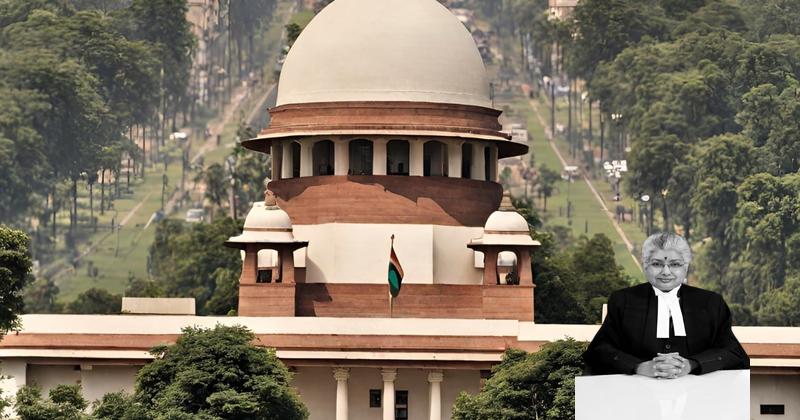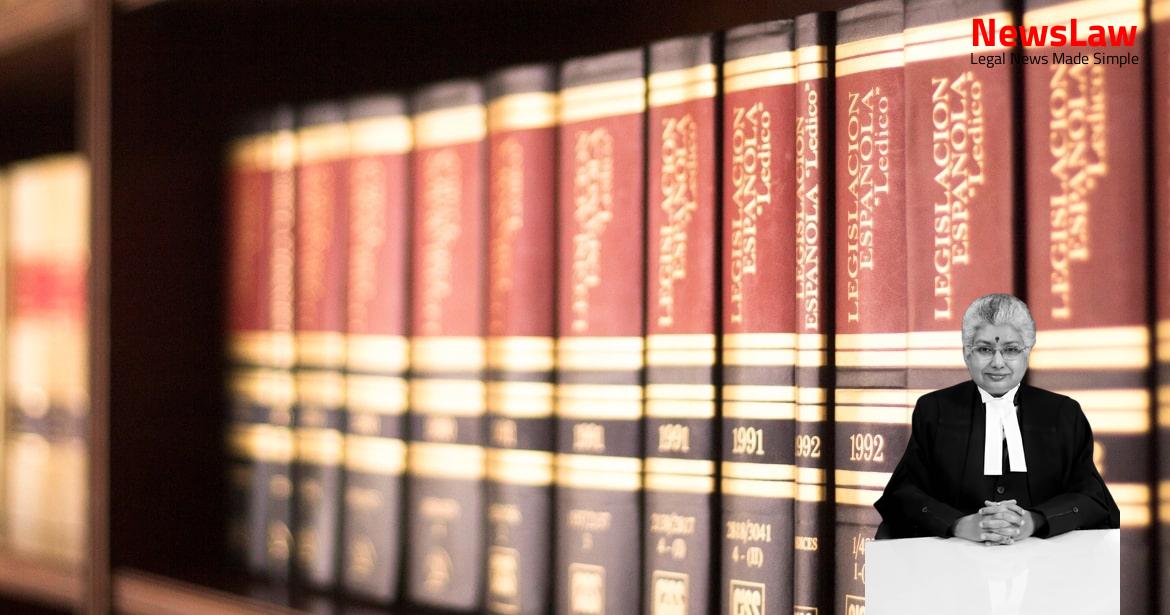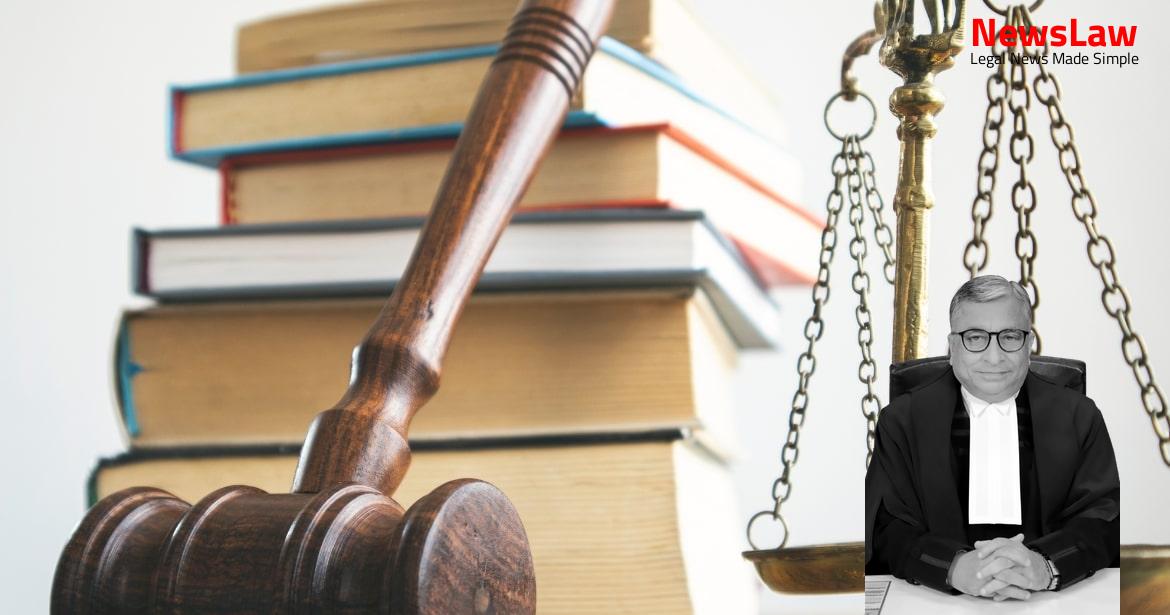This appeal assails the judgment and order of the High Court of Punjab & Haryana (for short the High Court) dated 01.05.2012 rendered in Criminal Appeal
No 372 of 2002, whereby the judgment and order of the trial Court convicting and sentencing the respondent (Kewal Krishan) under Section 302, IPC has been set aside and the 2 appellant (respondent herein) has been acquitted of the charges for which he was tried.
(b) Dead body of the deceased with multiple injuries was found in his house by PW-6, nephew of the deceased, on 12.12.1998 at around 1.00 pm.
Thereafter, the High Court, on a careful analysis of the evidence, more particularly the statement made by PW-2 that on 13.12.1998 he had disclosed to the police about the involvement of the accused, doubted the date of arrest of the appellant (i.e., 25.12.1998), as set up by the prosecution, and opined that the statement of PW-2 probabilizes the claim of the accused that he was arrested on 12.12.1998 itself.
Also Read: https://newslaw.in/?p=655
The High Court found PW-2’s evidence of last seen not convincing and reliable inasmuch as if on 13.12.1998 PW-2 had informed the police about his suspicion in respect of the involvement of the accused, the police would have arrested the 4 accused forthwith and not waited till 25.12.1998. The extra judicial confession was also doubted on the ground that the date of arrest of the accused (i.e., 25.12.1998) appeared doubtful, inasmuch as there was a high probability of the accused being arrested earlier i.e., 12.12.1998, as claimed by him, because from the statement of PW-2 it appeared that the police was informed by him on 13.12.1998 itself in respect of his suspicion regarding the involvement of the accused. In these circumstances, there was no occasion for the High Court to doubt the testimony of the prosecution witnesses in respect of the incriminating circumstances laid out by the prosecution. Before we proceed further, it would be apposite to notice the law as to when it would be appropriate for this Court, exercising power under Article 136 of the Constitution of India, to interfere with an order of acquittal passed by the High Court while reversing an order of conviction recorded by the Trial Court. This being an appeal against 8 acquittal, this Court would be slow in interfering with the findings of the High Court, unless there is perverse appreciation of the evidence which resulted in serious miscarriage of justice and if the High Court has taken a plausible view this Court would not be justified in interfering with the acquittal passed in favour of the accused and if two views are possible and the High Court had chosen one view which is just and reasonable, then also this Court would be reluctant to interfere with the judgment of the High Court.”
In other words, the court might reverse an order of acquittal if the court finds that no person properly instructed in law could have upon 9 analysis of the evidence on record found the accused to be “not guilty”.” In light of the law noticed above, we would have to examine, firstly, whether the High Court ignored or misread any material piece of evidence which has resulted in miscarriage of justice; secondly, whether there is any perversity in the appreciation of evidence; and, thirdly, whether the view taken by the High Court is a plausible view. Upon discovery of the dead body, on the information provided by PW- 6, FIR was registered against unknown accused and inquest etc. The High Court opined that if PW-2 was aware of the last seen circumstance and had made such a disclosure, there was no reason for the police not to act against the accused till 25.12.1998. The deceased was allegedly last seen 11 alive in the company of the accused in the evening at around 7 pm of 10.12.1998 whereas the body of the deceased was found 2 days later, on 12.12.1998.
Moreover, the High Court, on strength of the circumstances appearing in the evidence, doubted the date of arrest and, upon consideration of the circumstances, accepted the possibility of the arrest of the accused being much earlier in point of time, as claimed by the accused, than what was set up by the prosecution. The High Court noticed that there was no evidence to demonstrate that the accused had any prior relations with PW-3 or that the accused hoped for, or sought, any help from PW-3 and, 13 therefore, made the confession to him. Section 106 of the Evidence Act does not absolve the prosecution of discharging its primary burden of proving the prosecution case beyond reasonable doubt.
In these circumstances, there was no occasion to place burden on the accused with the aid of section 106 of the Evidence Act to prove his innocence or to 15 disclose that he parted company of the deceased before his murder.
Also Read: https://newslaw.in/?p=384
The appeal is accordingly, dismissed.
Case Title: STATE OF PUNJAB Vs. KEWAL KRISHAN (2023 INSC 583)
Case Number: Crl.A. No.-002128-002128 / 2014



